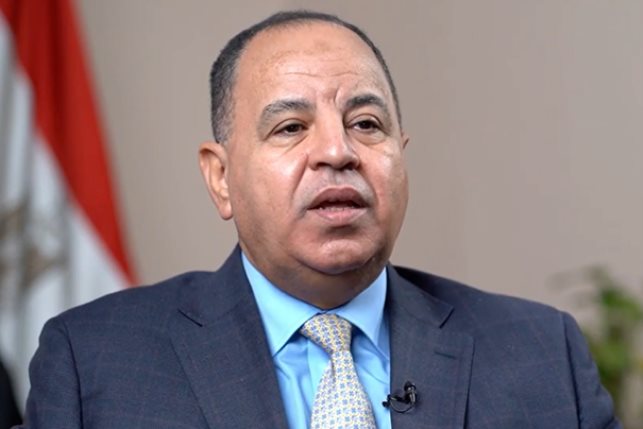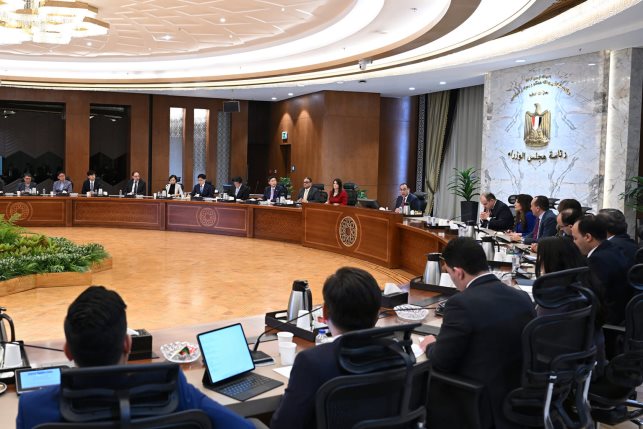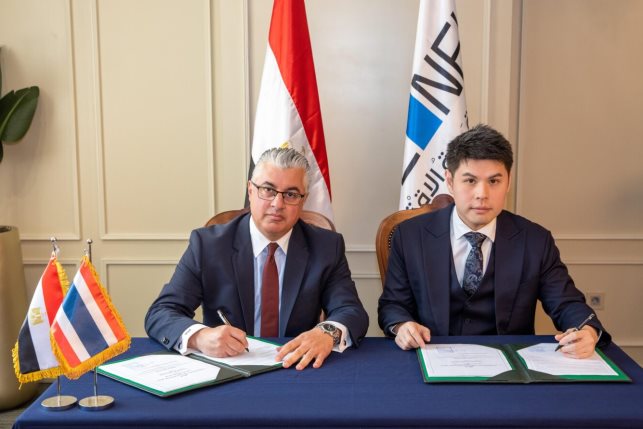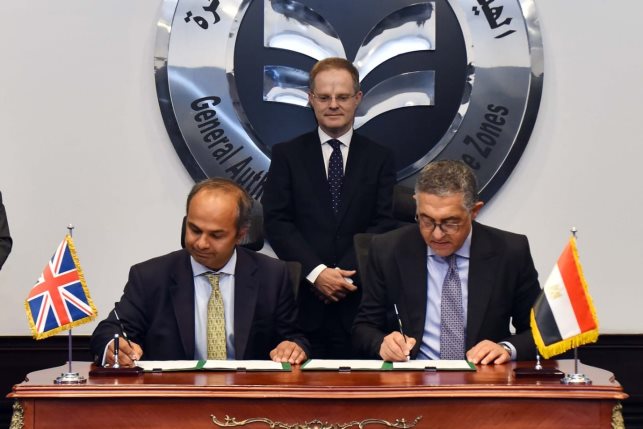Only less than 10% of climate financing goes to developing countries | MOICMin
Al-Mashat stated that a lot needs to be done to overcome this disparity, and more opportunities will appear in the future, as there must be more partnerships between multilateral development banks. She added that the spring meetings witnessed coordination through the World Bank in terms of investment guarantees. However, streamlined processes and lower costs of development financing still need to be seen on the ground and implemented
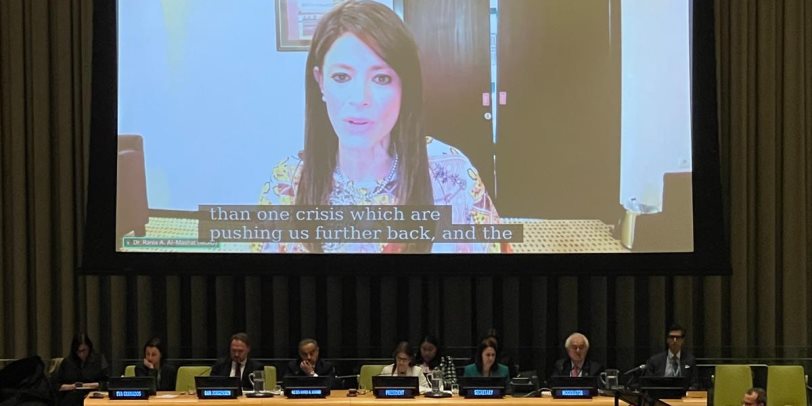
Minister of International Cooperation, Rania Al-Mashat, stated that less than 10% of global climate financing goes to developing countries, despite their need more than others and being greatly affected by climate change and its impact on food and water security.
This was during her virtual participation in a high-level session ECOSOC Financing for Development (FfD) Forum at the United Nations Headquarters in New York under the theme “Strengthening Inclusive Dialogue on the Path to the Fourth Global Forum on Finance for Development”
Al-Mashat stated that a lot needs to be done to overcome this disparity, and more opportunities will appear in the future, as there must be more partnerships between multilateral development banks. She added that the spring meetings witnessed coordination through the World Bank in terms of investment guarantees. However, streamlined processes and lower costs of development financing still need to be seen on the ground and implemented.
The Minister stressed the importance of holding a fourth global conference on financing for development in 2025, which will once again stimulate international efforts towards implementing the SDGs.
Climate financing needs to be directed not only to mitigate climate change repercussions, but also to adaptation projects, adding that to achieve this, the matter requires coordinated efforts to mobilize financing, not from multilateral development banks alone, or the private sector, but through clear mechanisms to reduce risks towards private sector investments, Al-Mashat highlighted. She also added that all sources of financing towards investment in human development, which represents the main focus of development operations in developing countries and emerging economies.
Al-Mashat stated that Egypt is working diligently to achieve those goals by coordinating efforts with development partners and localizing the global goals, as well as implementing the principles of economic diplomacy to enhance international cooperation and development financing and transferring expertise from integrated solutions and national initiatives such as the Decent Life Initiative to Africa and countries that share similar challenges.


